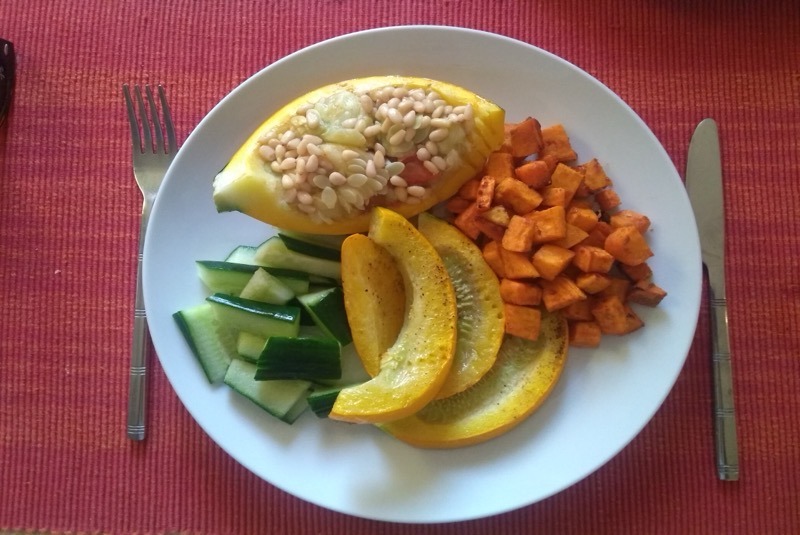In these trying times, where chaos seems to be a daily special, and the world serves up a fresh dish of uncertainty with every sunrise, many of us find ourselves gravitating toward one reliable source of solace: comfort food. That glorious, unassuming plate of edible nostalgia that never judges you and always shows up exactly how you remember it.
In our globalised reality, we are spoiled for choice. We have sushi from Japan, tacos from Mexico, croissants from France, and a thousand iterations of pasta from every Italian grandmother who’s ever wielded a rolling pin. We live in a culinary Disneyland where even your average Tuesday night dinner can be an international escapade.
Copyright©Madras Courier, All Rights Reserved. You may share using our article tools. Please don't cut articles from madrascourier.com and redistribute by email, post to the web, mobile phone or social media.Please send in your feed back and comments to [email protected]











